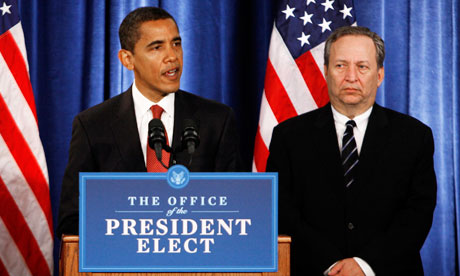No Winner in War to Weaken Currency
The type of currency battle occurring now is an extremely troubling situation for Japan, which depends on foreign consumption. On October 7 in the Tokyo market, the yen’s exchange rate rose to $1 to 82 yen. Notwithstanding the precedent-setting intervention of selling the yen in September, the yen has reached a fifteen year high.
Due to the Federal Trade Bureau’s financial interventions, the dollar has fallen against a majority of currencies. There is one exception, however — the yuan.
In June, China announced the gradual appreciation of the yuan, but the yuan’s value against the dollar has barely increased. Criticism of the “snail’s pace” is increasing in Congress, and the House of Representatives passed a “currency sanction bill” in opposition to the undervaluation of the yuan. In return, China’s Premier Wen Jiabao gave no indication of giving in to the demand and stated: “If we increase the yuan by 20 percent as some people (America) are calling for ... society will be in turmoil.”
The vigor of the Sino-American currency tension has been highlighted; however, under the limitations set by the yuan’s fluctuation in market value, pressure from the dollar’s weakness will begin to weigh on the yen in free trade.
Intervention by selling yen is one measure to prevent the rapid appreciation of the yen, although the Bank of Japan would need to continue its financial interventions in order to increase the effectiveness. We must strongly insist that China’s devaluation of the yuan and Japan’s attempt at another large-scale intervention are different.
Even though everyone wishes for their own national currency to be cheap, in currency transactions, if one side’s currency becomes weaker, the other side’s currency becomes stronger. If one country moves toward weakening its currency, another country will follow. That situation invites distrust and consequently, everyone will suffer.
At the root of the poor condition of the American economy is the bursting of the housing and bonds bubbles, and excess household debts. America must tackle these problems head-on. China, too, must perfect its social security system and change the disposition to over-save. Treasury Secretary Geithner has called for multilateral negotiations surrounding the currency problem; however, the meeting must be a time to discuss how to fix the structural problems with the economies of all nations.

